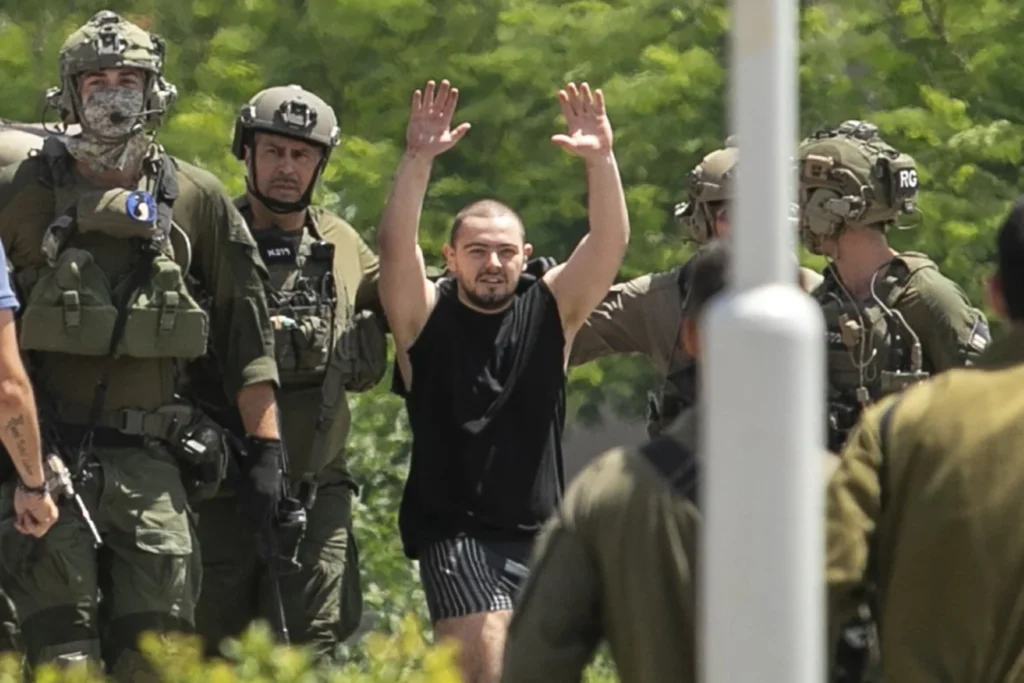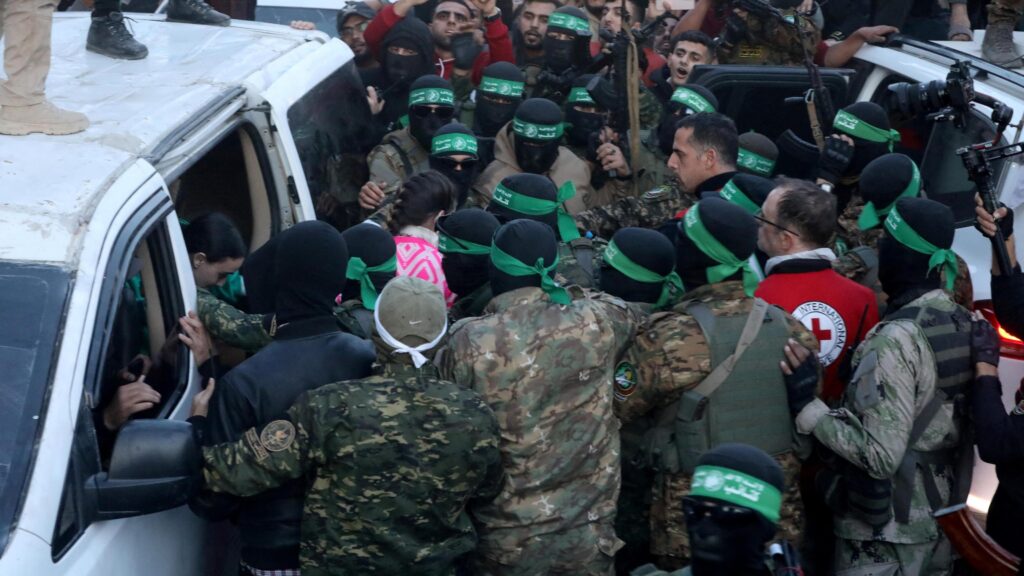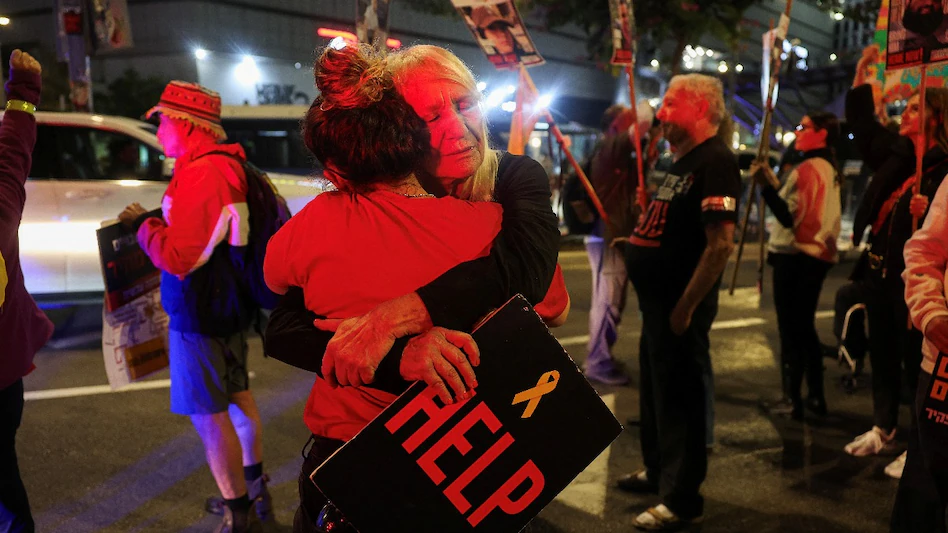Israeli Hostages Released: A Story of Hope and Resilience
On January 19, 2025, the world witnessed a poignant moment as three Israeli hostages—Emily Damari, Romi Gonen, and Doron Steinbrecher—were released from captivity in Gaza. Their return marks a significant chapter in the ongoing Israeli-Palestinian conflict, highlighting themes of hope, resilience, and the enduring human spirit.
Understanding the Situation of Israeli Hostages
The hostage crisis began on October 7, 2023, when Hamas militants launched a deadly attack on Israel, resulting in the deaths of over 1,200 Israelis and the abduction of approximately 250 civilians. Among the captives were women like Emily Damari, a British-Israeli citizen, and Romi Gonen, a survivor of the Nova music festival massacre. The subsequent months saw intense military operations and diplomatic efforts aimed at securing their release.

Personal Stories from the Released Hostages
The release of the three women was a moment of profound emotion. Emily Damari, who had been held captive for 15 months, was reunited with her family in Israel. Her mother expressed heartfelt gratitude to everyone who supported the efforts to bring her daughter home.
Similarly, Romi Gonen and Doron Steinbrecher’s reunions were marked by tears and joy, as families and friends celebrated their return.
What Led to Their Release? Key Factors and Negotiations Explained
The hostages’ release was facilitated by a ceasefire agreement brokered by international mediators, including the United States, Qatar, and Egypt. This agreement also involved the release of 90 Palestinian prisoners from Israeli custody. The negotiations were complex, with both sides making significant concessions. The involvement of international actors underscored the global interest in resolving the hostage situation and achieving a lasting peace.

The Impact on Families and Communities after the Release
The return of the hostages has had a profound impact on their families and communities. Reunions were emotional, with families expressing relief and joy. Communities rallied around the returned hostages, offering support and solidarity. However, the psychological toll of captivity remains significant. Mental health professionals are working with the released individuals and their families to address trauma and facilitate the healing process.
How the World Responded to the News of Their Release
The release of the hostages elicited a strong global response. International leaders, including U.S. President Joe Biden and UK Prime Minister Keir Starmer, expressed relief and congratulated the hostages and their families. Social media platforms were flooded with messages of support and solidarity, with hashtags like #WelcomeHome trending worldwide. The event highlighted the international community’s commitment to human rights and the importance of diplomatic efforts in conflict resolution.
Looking Ahead – What This Means for Future Hostage Situations and Peace Efforts
The release of these hostages offers a glimmer of hope for future peace efforts in the region. It demonstrates that, even in the most challenging circumstances, dialogue and negotiation can lead to positive outcomes. While this is a significant step, it is crucial to continue working towards a comprehensive and lasting peace agreement that addresses the underlying issues of the Israeli-Palestinian conflict. The resilience of the hostages and the support of their families and communities serve as powerful reminders of the human capacity for endurance and the importance of collective action in the pursuit of peace.

